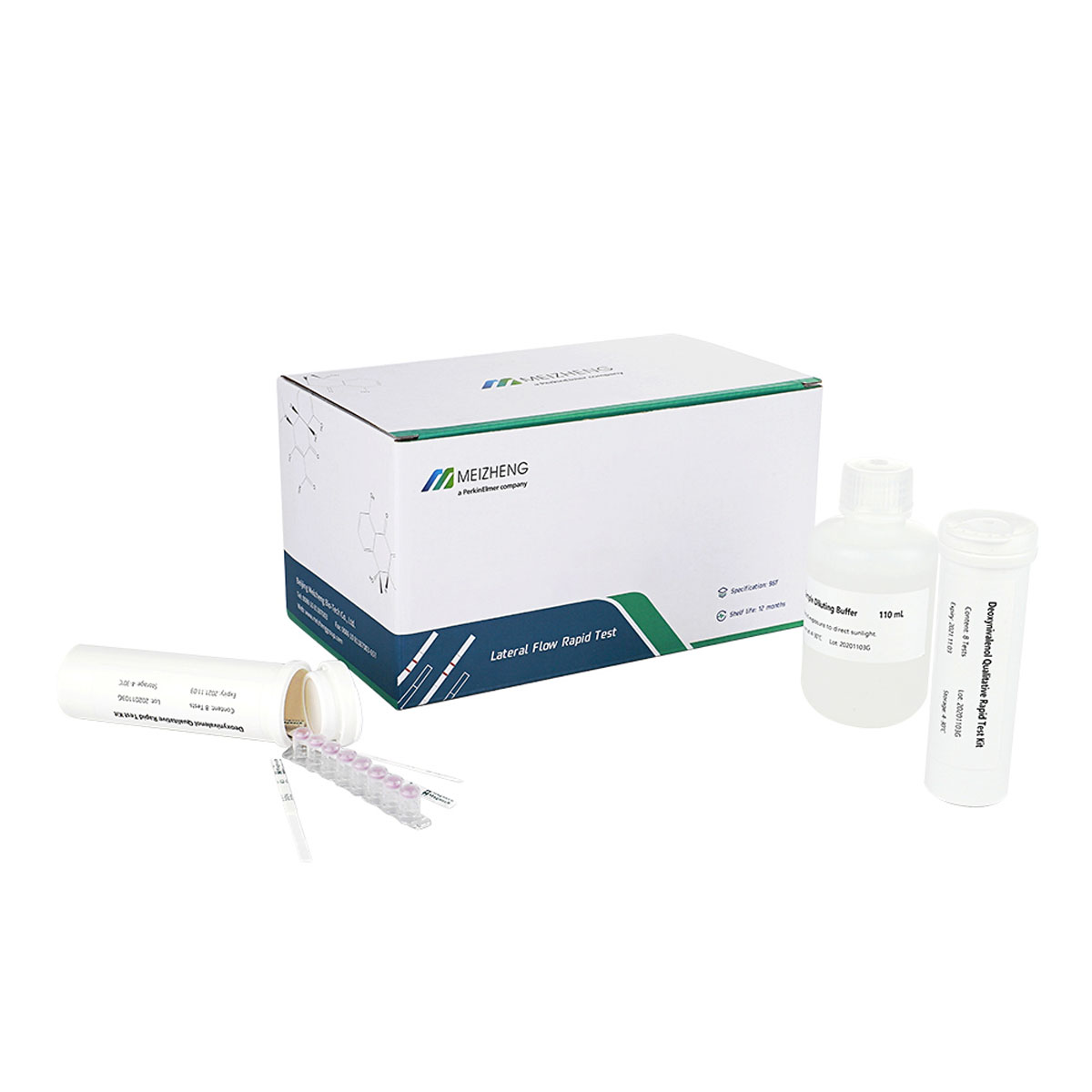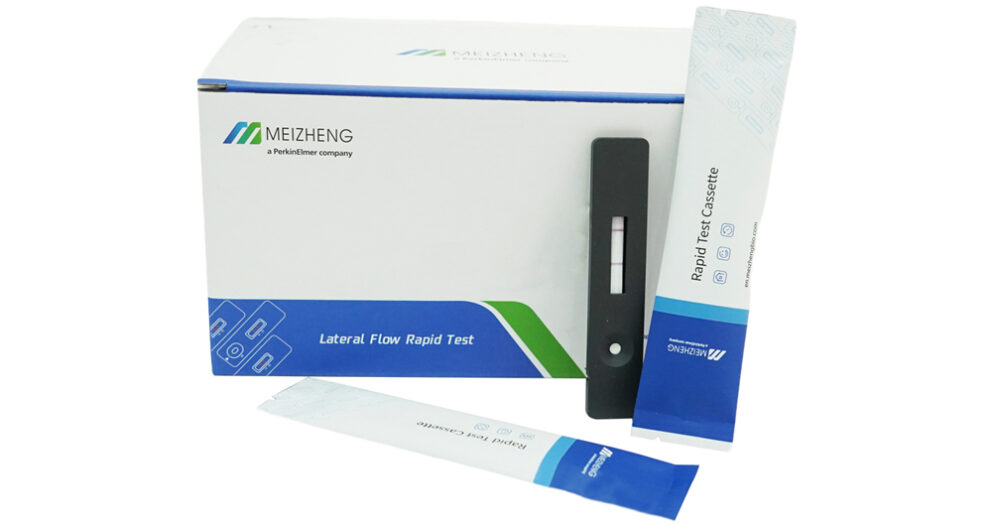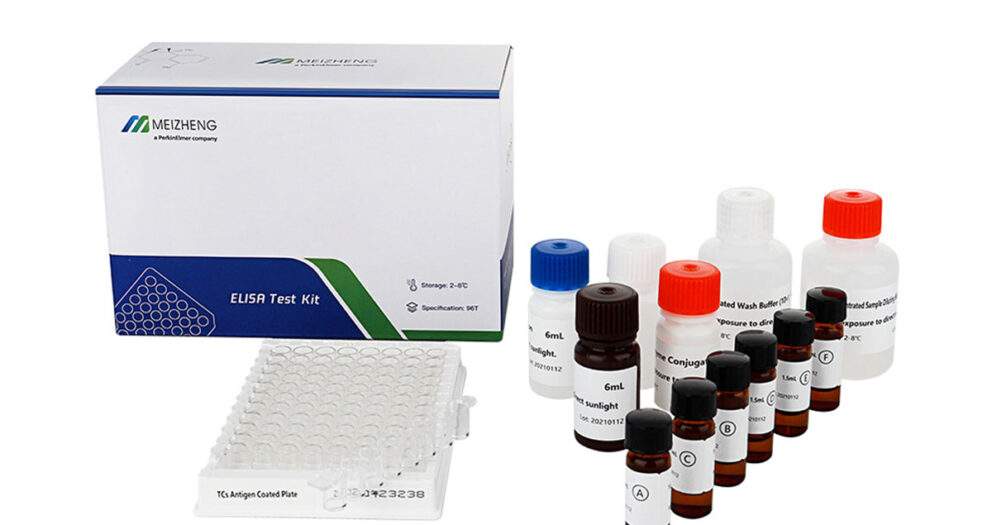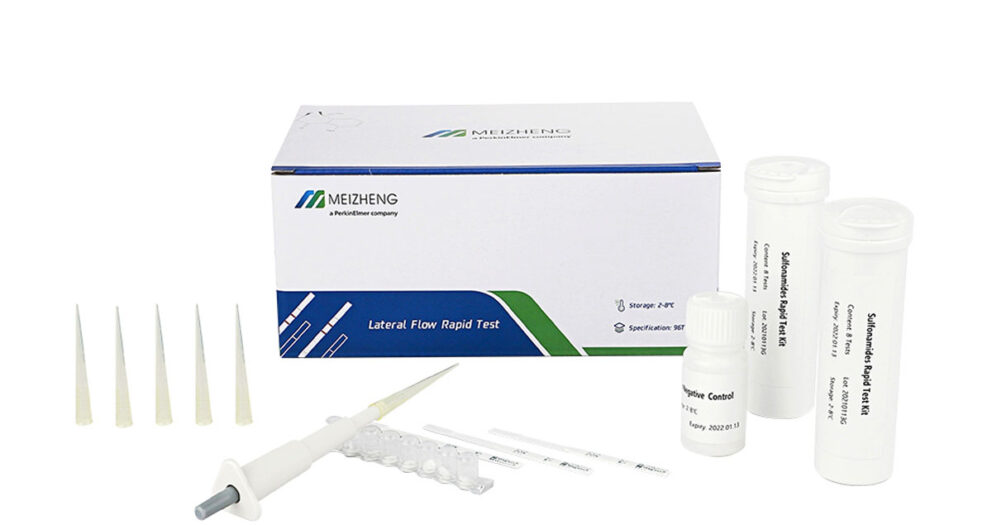Florfenicol and enrofloxacin are both veterinary drugs, which should not be detected from eggs, so if they are added to eggs, if they are eaten by human, will there be any impact?
Enrofloxacin, belonging to fluoroquinolones, is a chemically synthesized broad-spectrum bacteriostatic agent, which has good effects in the prevention and treatment of bacterial infections and mycoplasma diseases in livestock and poultry. In other words, it belongs to antibiotics.
If you often eat eggs with excessive veterinary drugs residue, it will bring serious harm to your health. For example, when the drug reaches a certain amount, it will stimulate the gastrointestinal mucosa, causing symptoms such as abdominal pain, diarrhea, vomiting, headache, dizziness, and even liver damage.
Is it harmful to health if I accidentally eat veterinary eggs?
But in fact, the Ministry of China Agriculture Announcement No. 235 has a maximum limit on the residues of veterinary drugs in animal foods. The residues of veterinary drugs in animal muscle and fat shall not exceed 100 μg/kg, and the regulations on laying hens are prohibited, that is to say there should be no veterinary drug residues in eggs.
Under normal circumstances, there will be no problems if the breeders use veterinary drugs reasonably and compliantly. However, if there are problems with the quality of veterinary drugs fed, the proportion of medication, and the cycle, coupled with environmental impacts, the drugs may be deposited in the chickens and cannot be metabolized, resulting in the phenomenon of exceeding the standard of veterinary drugs.
Generally speaking, the qualified rate of eggs is quite high – according to the data disclosed in the “First National Agricultural Product Quality and Safety Sampling Inspection in 2022” by China Ministry of Agriculture and Rural Affairs, the qualified rate of livestock eggs is as high as 98.5%.
At present, the most common veterinary drugs found in eggs are these three
①Enrofloxacin
Enrofloxacin is the third-generation synthetic quinolone broad-spectrum antibacterial drug, which is mostly used to prevent and treat avian mycoplasma disease and bacterial infection. However, there are strict regulations on the total residue limit of enrofloxacin and its metabolite ciprofloxacin.
② Doxycycline
This is a tetracycline drug. If the food containing doxycycline exceeds the standard for a long time, it will cause the pathogen to develop a certain drug resistance and bring adverse effects on health.
③ Metronidazole
Frequent use of metronidazole in damp heat will also have adverse effects on the health of the body, such as dizziness, headache, gastrointestinal discomfort and other adverse conditions, and it will also cause great harm to the liver and kidney.
What causes the veterinary drug residues in eggs to be so serious?
1. There are problems with veterinary medicine itself
If the farmer does not purchase from a regular veterinary drug store, or buys expired veterinary drugs, there will be some problems such as high content, inconsistent ingredients, overdose, etc., resulting in serious veterinary drug residues in eggs.
2. The feeding environment of chicken flocks
The reason why there are veterinary drug residues is related to the breeding environment of the chickens. Generally, the chicken flocks in chicken farms are relatively dense and prone to diseases. In order to ensure the healthy growth of chicken flocks, the farms will add some antibacterial and antiparasitic drugs to the feed and drinking water sources.
However, in order to ensure safety, some farmers will abuse drugs outside the standard, do not implement drug withdrawal periods, or use substandard veterinary drugs and feeds, resulting in hens unable to catabolize drugs in time, allowing these residual drugs to deposit in eggs and chickens .
3. Improper feed processing, deployment or storage
Improper feed processing and deployment produce harmful substances. Histidine and its degradation products in the feed will form poisons within 3 hours when heated above 130°C. Because fat-soluble vitamins can be stored in tissues, they can accumulate in large quantities and cause poisoning.
For example, the safe range of vitamin A is small, and the possibility of poisoning is the greatest; excessive vitamin D can lead to calcium and phosphorus ratio metabolism disorders; excessive vitamin C can easily form oxalate stones, and the aspergillus flavus produced by mildewed feed is strong.
Egg test kits can ensure the egg safety. Meizheng Egg rapid test kits are easy to use and the performance is good.







